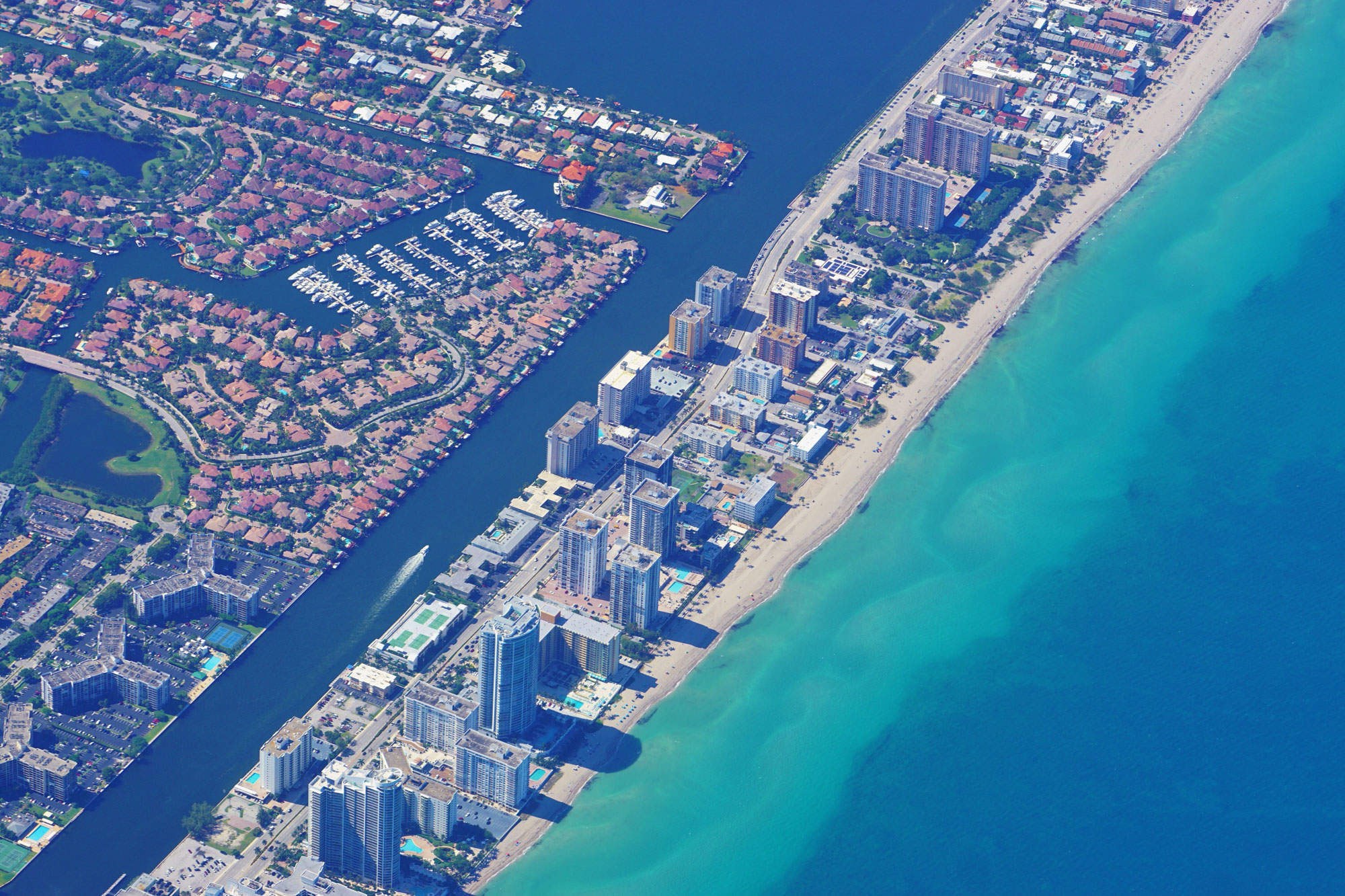
It is widely known that rising sea levels caused by global warming could have devastating environmental impacts, but a new study has found that they could have significant financial consequences too.
Published today in Environmental Research Letters, the study by the UK National Oceanographic Centre found that rising sea levels could cost $14tn worldwide annually by 2100 if the UN’s 2°C target is missed.
In 2015, the United Nations Framework Convention on Climate Change set a goal of keeping the global temperature rise below 2°C this century. For the study, researchers explored the impact of global and regional sea level rise with restricted warming of 1.5°C and 2°C and compared them to sea level projections with unmitigated warming.
Globally, more than 600 million people live in low-elevation coastal areas, putting them at risk if sea levels rise due to melting land-based glaciers and ice sheets. The cost of building sea barriers, repairing damage and the loss of coastal settlements means that this could have a significant economic impact.
Some places will be affected more than others
The study found that if the target is not reached, upper-middle income countries such as China would see the largest increase in flood costs. Highest income countries would suffer the least due to existing high levels of protection infrastructure. Tropical areas will also see extreme sea levels more often.
According to researchers, if the sea was to rise 0.86m, it would cost an estimated $14tn per year globally, increasing to $27tn per year for 1.8m. This would account for 2.8% of global GDP in 2100.
Lead author of the study Dr Svetlana Jevrejeva warned of the damage rising sea levels could cause:
“These extreme sea levels will have a negative effect on the economies of developing coastal nations, and the habitability of low-lying coastlines. Small, low-lying island nations such as the Maldives will be very easily affected, and the pressures on their natural resources and environment will become even greater.
“These results place further emphasis on putting even greater efforts into mitigating rising global temperatures.”







